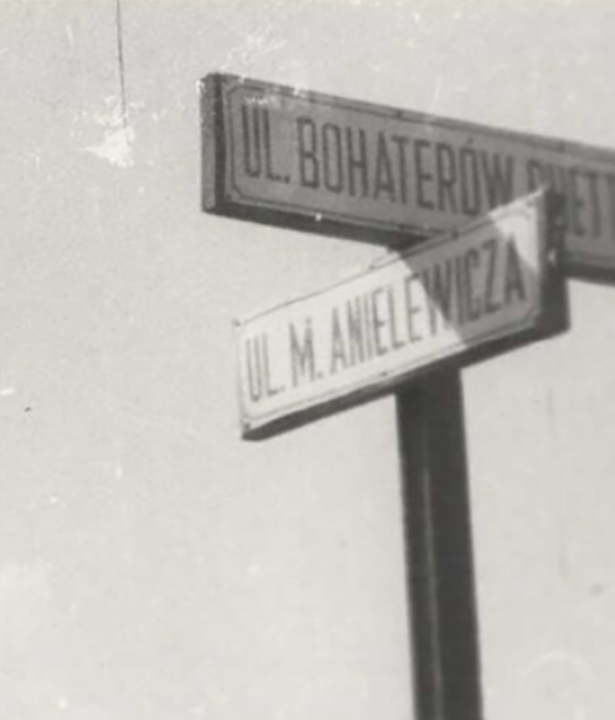The research focuses on Jewish life and experience, viewed in the context of non-Jewish surroundings from the Early Modern Period to the present. With a view to Central and Eastern Europe as well as the areas of emigration (USA, Palestine/Israel), the focus is on questions of political participation and exclusion, the struggle for legal and cultural autonomy as well as experiences of mobility, exile and violence.
Text
The Dubnow Institute follows the secular tradition of its eponym Simon Dubnow (1860–1941), a Russian Jewish historian who mediated between Eastern and Western European Jewries.
At the DI, Jewish history is always approached in the context of its non-Jewish surroundings and is understood as a seismograph of general historical developments. In order to do justice to the complexity of Jewish life worlds and the close concatenation of social, political, and cultural developments, research at the institute productively links historical approaches with approaches from the humanities and social sciences, with a particular emphasis on honing approaches from intellectual history, memory, and lived experience.
Through events, university courses, and a broad range of publications, the research findings are presented both to a specialist audience and the interested public. This includes the internationally renowned bilingual »Jahrbuch des Dubnow-Instituts/Dubnow Institute Yearbook«; the essay series »toldot« and »hefez«, and the magazine »Jewish History & Culture«. On the blog »Mimeo«, scholars offer an overview of their current research projects. The special collection of the institute library is also open to students and guests.
National and international research collaboration plays an important role at the institute. As of 2018, the Dubnow Institute is a member of the Leibniz Association. The institute moreover cooperates closely with Leipzig University, the Saxon Academy of Sciences in Leipzig, as well as the Hebrew University in Jerusalem. It moreover maintains close contacts with numerous scholarly institutions in Israel, the USA, Europe, and Germany, constituting a meeting place for scholars from all over the world.

Stack of green, brown and red books, Dubnow Institute, Simon Dubnow's World History of the Jewish People in German, Hebrew and Yiddish editions. Carina Röll, 2020, Free access - no reuse
Stack of green, brown and red books, Dubnow Institute, Simon Dubnow's World History of the Jewish People in German, Hebrew and Yiddish editions. Carina Röll, 2020, Free access - no reuse
Text
The institute was founded in 1995 as the »Simon Dubnow Institute for Jewish History and Culture« on the basis of a decision of the Saxon Diet passed one year previously. Since 1996, the institute has been associated with Leipzig University through a cooperation contract. It has been an affiliated institution of the university since January 2000. In 2018, the Dubnow Institute was accepted into the Leibniz Association and has since then been called the Leibniz Institute for Jewish History and Culture – Simon Dubnow (DI).

Dubnow Institute, Entrance hall. Markus Kirchhoff, 2021, Free access - no reuse
Dubnow Institute, Entrance hall. Markus Kirchhoff, 2021, Free access - no reuse

Dubnow Institute, Institute Library. Grit N. Scheffer, 2021, Free access - no reuse
Dubnow Institute, Institute Library. Grit N. Scheffer, 2021, Free access - no reuse






